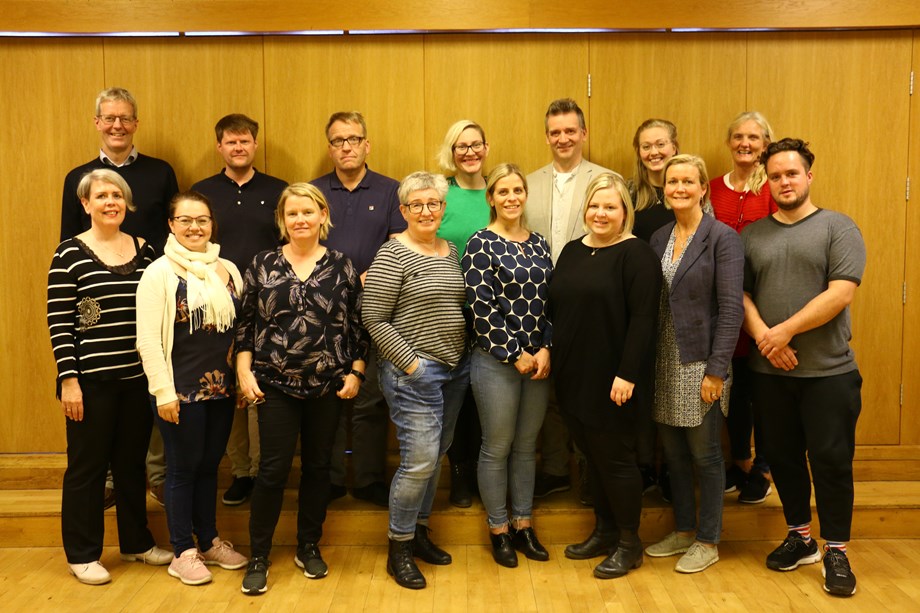
Consortium of 6 organizations cooperating to strengthen regional and rural development in Europe
Bifröst University is part of a consortium of 6 organizations, who are cooperating to strengthen regional and rural development in Europe. Around 40 participants, mainly from eastern Iceland, attended the InfoDay dissemination event titled European Fragile Communities – Challenges and Opportunities in the town of Borgarfjörður eystri in late August. The event is part of the Strategic Partnership Project INTERFACE, funded by Erasmus+ Key Action 2. The project is coordinated by the Icelandic Regional Development Institute and brings together partners from Bulgaria, Greece, Iceland, Ireland and Italy. During the event, key findings from a Competence Gap Analysis were presented, outlining challenges faced by European regions who are at risk of economic stagnation and depopulation.
At Borgarfjörður eystri, the first community workshop also took place, as part of a larger curriculum for community coaches. Participants reviewed and implemented methods that enhance public participation and engagement to aid community development.
„It was a real pleasure to come to Borgarfjörður eystri and meet people from all over, who are ready to engage with their own communities. The challenges are diverse, so it is important that we learn from one another“ says Kári Joensen, assistant professor at Bifröst University and project participant. During the InfoDay he reviewed findings from impact assessments of vocational programs in Europe and how they can aid regional development. Bifröst University has for a number of years offered a range of modules in blended learning at vocational level for individuals and workplaces throughout Iceland.
„We now continue with implementing the modules of the INTERFACE curricula and with its emphasis on problem-based learning, participants will directly impact their communities through practical assignments“. The teaching material being developed, will be made available online as an OER (Open Educational Resource) where it can used by others and adapted to new challenges. The teaching material is partly based on a prior Erasmus+ Strategic Partnership Project, FIERE, and aims to increase capacity in the field of innovation and entrepreneurship.
The photo above shows project participants and community representatives during the last training event.
-1.jpg)
